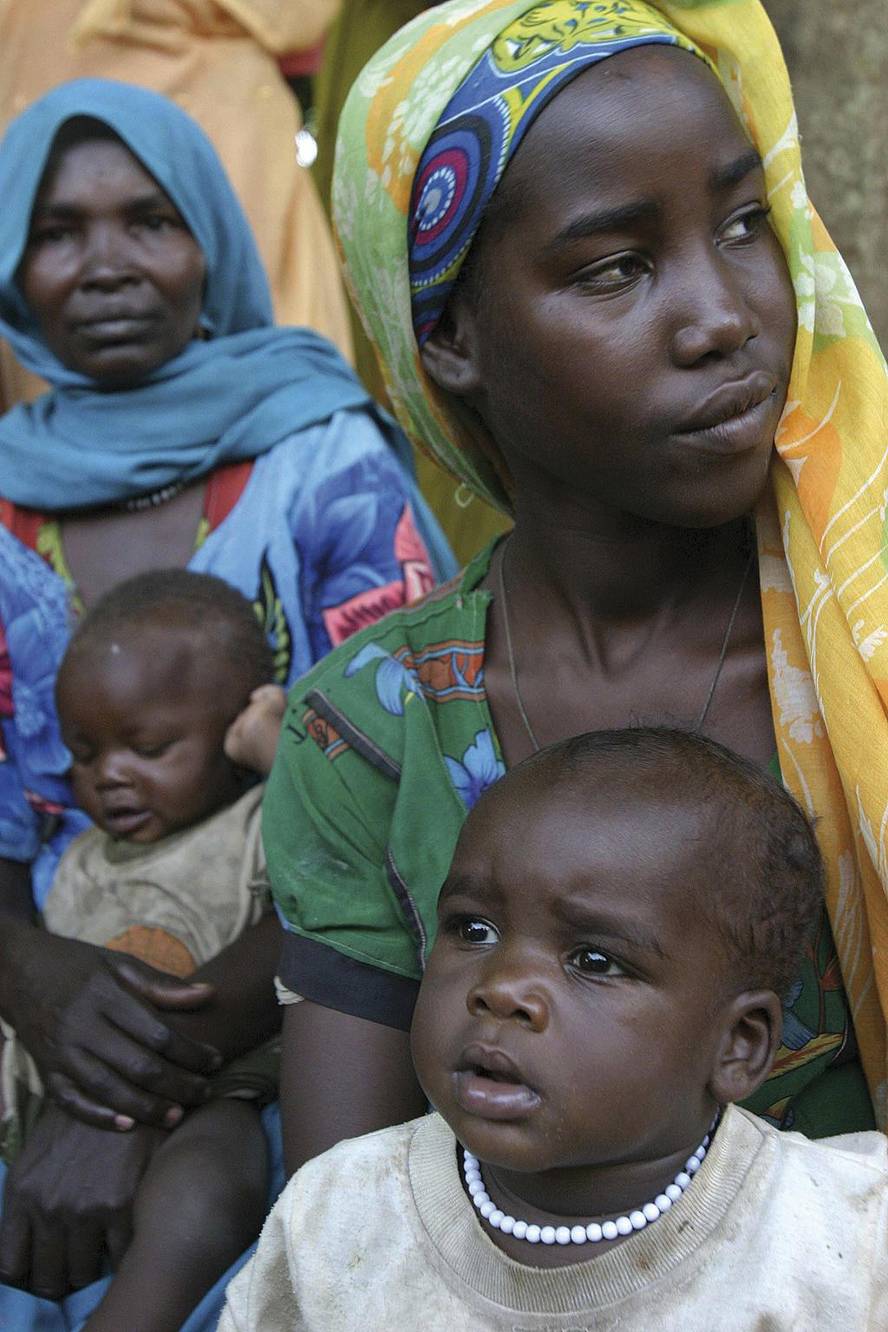Anger of AIDS researchers over the risk of birth control

According to an article published on the journal Nature, many AIDS researchers are furious to show that the use of injectable contraception increases the risk of AIDS. 15 years ago they suspected it, but so far they have not taken it into account.
Lancet Infectious Diseases has published research that demonstrates the relationship between injectable contraception and AIDS. The study, which has analyzed 3,700 couples in seven Sub-Saharan African countries, has found that women who use injectable contraception are twice as likely to get AIDS as the rest.
In fact, 90 million women use injectable contraception worldwide, especially in this area. It is injected every three months, has a progesterone hormone, produced and marketed by Pfizer. The results of the research force health officials to reconsider their benefits and risks. Thus, the World Health Organization plans to conduct a technical consultation in this regard early next year.
However, experts believe that this fact is absolutely unacceptable, since in 1996 a study was published in the journal Nature Medicine showing that progesterone increased the risk of AIDS transmission. This research was performed with rhesus macaques, in which progesterone implants were contaminated 7.7 times more than those with placebo.
The research, led by microbiologist Preston Marx, has been angry at the website Nature: "It's not our job as if we published it in a dark magazine. Contraceptives have no excuse not to know or consider it since the late 1990s. 10 years ago we had to know that it had that influence on humans."
Moreover, he believes that health officials and contraceptive experts were against this evidence because it was a problem for them, because progesterone injection is cheap and easy to use and is widespread in developing countries.






